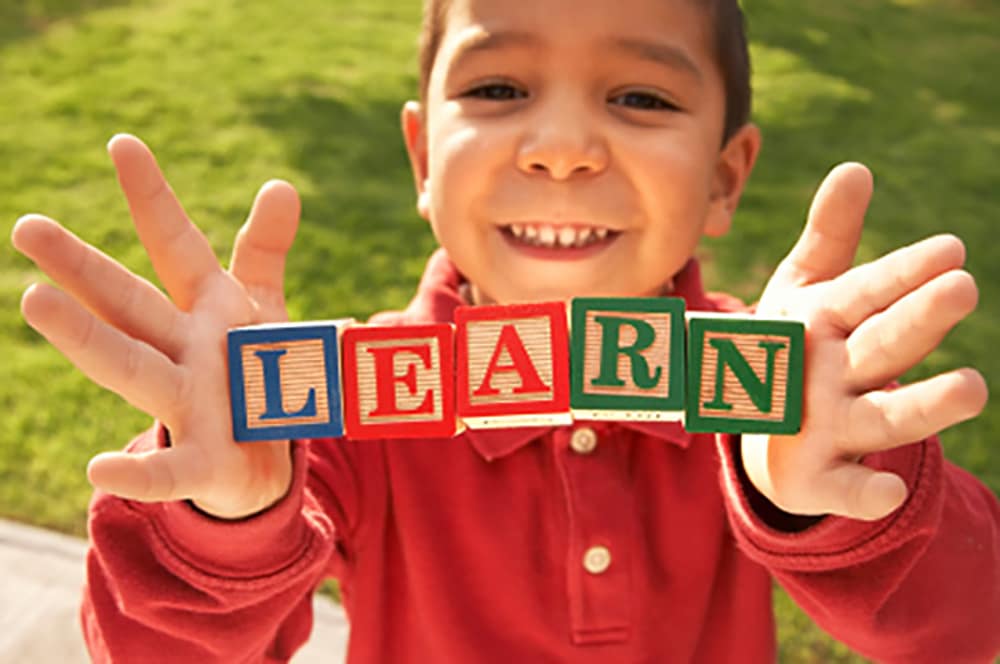Montessori is its all about “learn through play,” right? Not so.
The article I mentioned a few days ago by Pascal Emmanuel Gobry has a good passage on this topic:
Everybody loves the idea of children “learning through play,” and Montessori is sometimes described as encouraging this, but serious Montessorians react to such a formulation with horror.
The activities, it is emphasized, are work. Children have play time, of course, but classroom work is work. “Learning through play” is seen as an admission of defeat, an implicit statement that learning is intrinsically unpleasant and can only be made pleasant artificially. The Method is designed for the opposite goal, to teach that work is intrinsically rewarding; therefore it must protect children from external influences that might replace internal motivation for work.
Learning, for children, shouldn’t be made an unpleasant chore to be done because they HAVE to, nor because it’ll merit them a gold star from teacher. Learning, for children, should be the thing done because accomplishment and possessing new knowledge or a new skill is its own reward.
I wrote the other day, also based on Gobry’s article, about Maria Montessori’s observation that children expend a remarkable amount of effort learning to walk and talk without being conscious of it being “hard” like grownups use that word. Over time children focus on learning to manipulate buttons, screw caps, clasps, buckles, and the like. If you’ve ever watched as they tackle these new skills you know the wonder and determined concentration on their face and in their eyes as they work on coordinating the parts of the body with the ideas and observations in their heads. It’s a wonder to behold.
And they don’t realize that what they are doing is difficult, nor do they consider it praiseworthy, because it’s just the most natural thing to do at that time.
This, according to Montessori, is how learning ought to remain.
The activities through which children learn are work, but children don’t know “work” to be unpleasant and to be avoided until they’re either taught to think that way or they’re forced to learn and to work in ways that are unpleasant.
So Montessori doesn’t force children along a prescribed and predetermined formula of learning, but rather puts kids in an environment where everything is engineered to open up the next lessons and skills which they are, by their own development, prone to working to learn.



